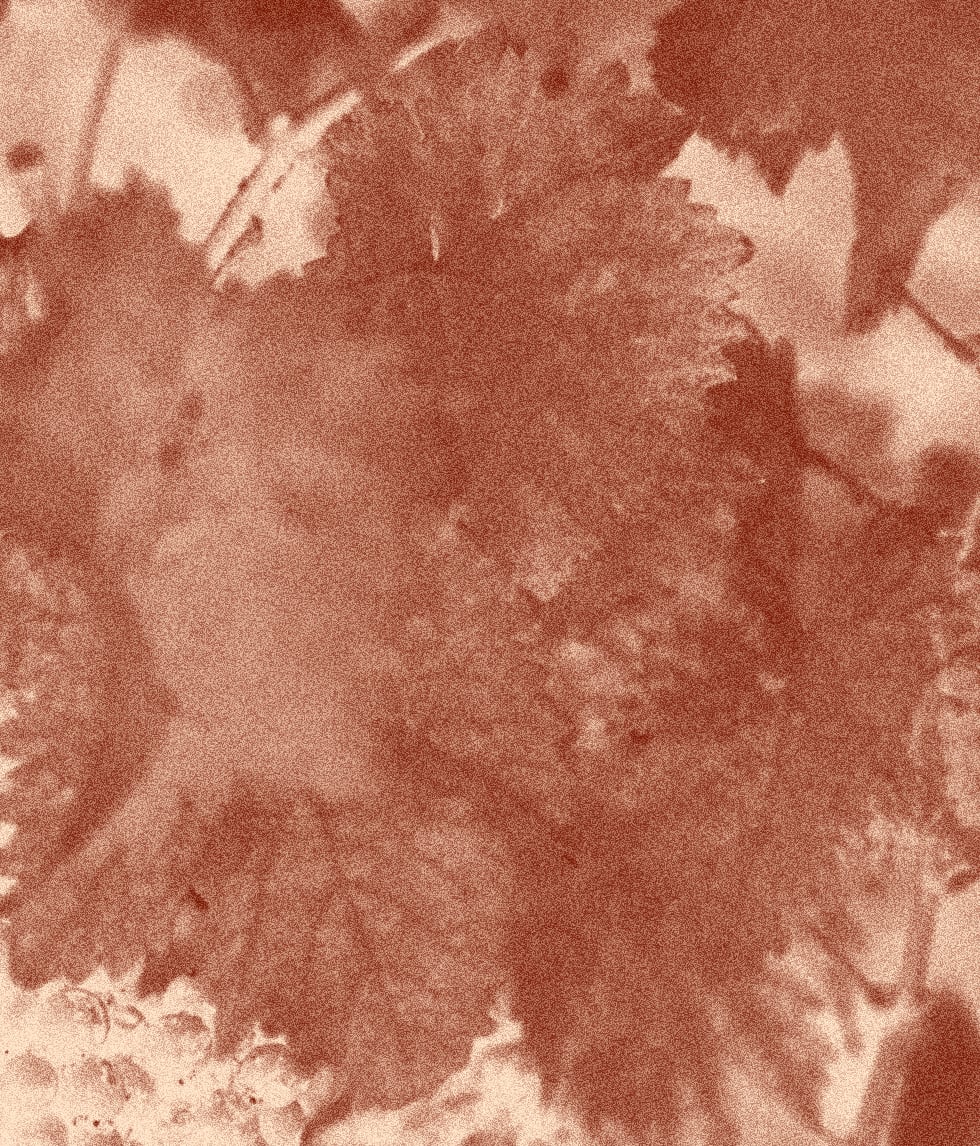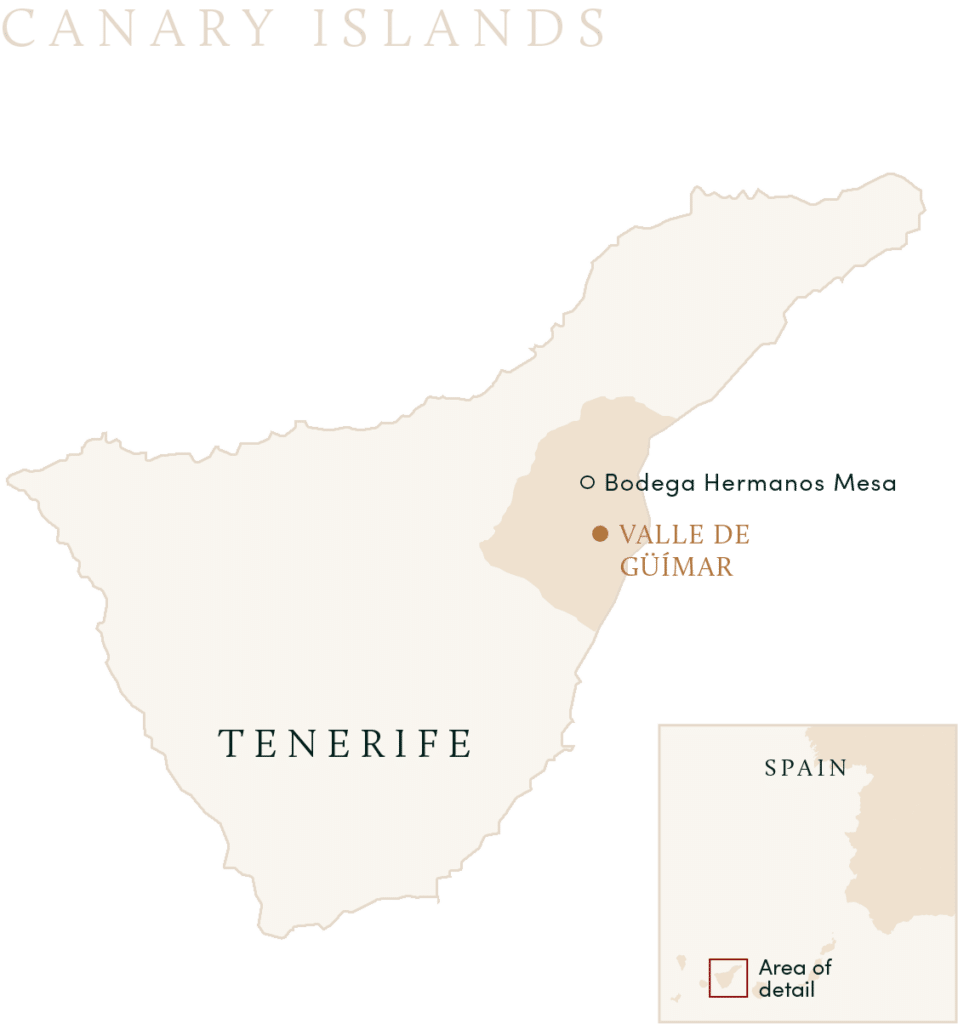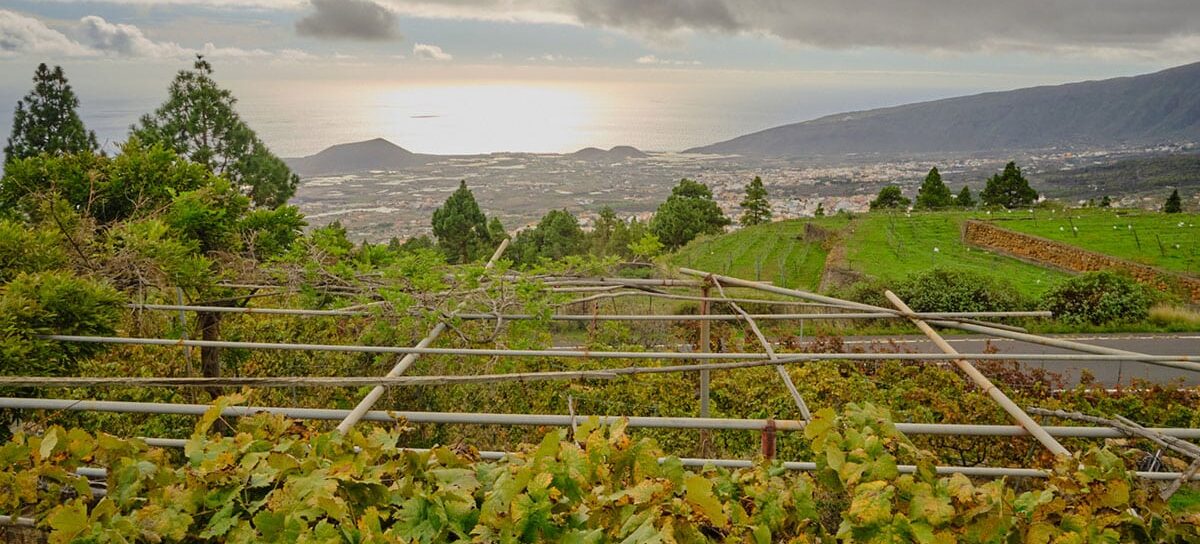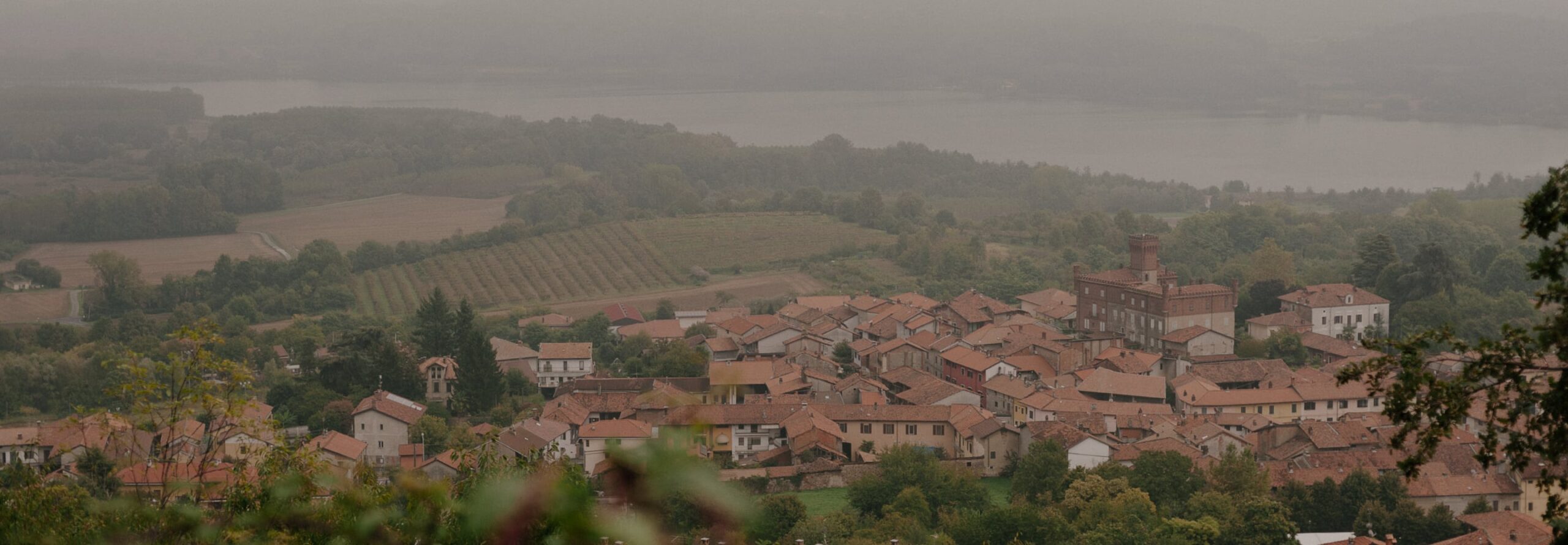Mount Teide, whose 3700-meter summit is the highest point in all of the Atlantic Ocean’s islands, dominates the landscape of its home island of Tenerife—the largest of the Canary Islands archipelago. Although it has been over a century since this active volcano last erupted, recent years have seen an explosion of winegrowing on its steep, rocky slopes, as a younger generation seeks to maximize the potential of these special vineyards and to find them a larger audience abroad.
Chief among this new guard is Bodega Hermanos Mesa, run today by a trio of brothers—Fernando, Tomas, and Carmen Mesa—whose grandfather José established this small winery in the family’s home commune of Arafo in the immediate aftermath of World War Two. As in so many winegrowing regions, those were difficult years in Tenerife’s Valle de Güímar, and José eked out a living producing wines for an exclusively local market—a heroic feat in this unforgivingly rocky terrain where grapes ripen in the shadow of an active volcano.

Today, José’s grandchildren farm the very same vines he planted in the 1940s and 1950s: primarily Listán Blanco, brought to Tenerife by Spanish colonists in the 15th century, with smaller plantings of indigenous varieties like Marmajuelo and Albillo Criollo—all own-rooted, as the area’s volcanic terrain is wholly inhospitable to phylloxera. The Valle de Güímar’s extremely dry and windy climate makes chemical-free farming relatively easy, and the Mesa brothers treat their vineyards exclusively with sulfur dioxide, working these demanding terroirs solely by hand. The meager yields they achieve with this ancient plant material in these difficult soils—around 20 hectoliters per hectare on average—speak to their single-minded commitment to their work.
It is no accident that the wines produced by such a dynamic team in such a lively growing area are themselves full of life, brimming with individuality and energy. The Mesas’ approach to vinification and aging is simultaneously low-intervention and highly thoughtful: they employ spontaneous fermentations exclusively, using well-measured proportions of steel and used oak as best suits the characteristics of each wine and each parcel; sulfur additions are kept to a bare minimum; and clarification and filtration are applied sparingly and only on wines which require them. The wines they issue forth from their modest three hectares of vines are taut and articulate, bristling with energy and minerality, and speaking effusively of the volcanic sands which birth them.
Farming
Treatments
Ploughing
Soils
Vines
Yields
Harvest
PURCHASING
Fermentation
Extraction
Chaptalization
Pressing
Malolactic Fermentation
Élevage
LEES
FINING & FILTRATION
SULFUR

Optional caption text here lorem ipsum


